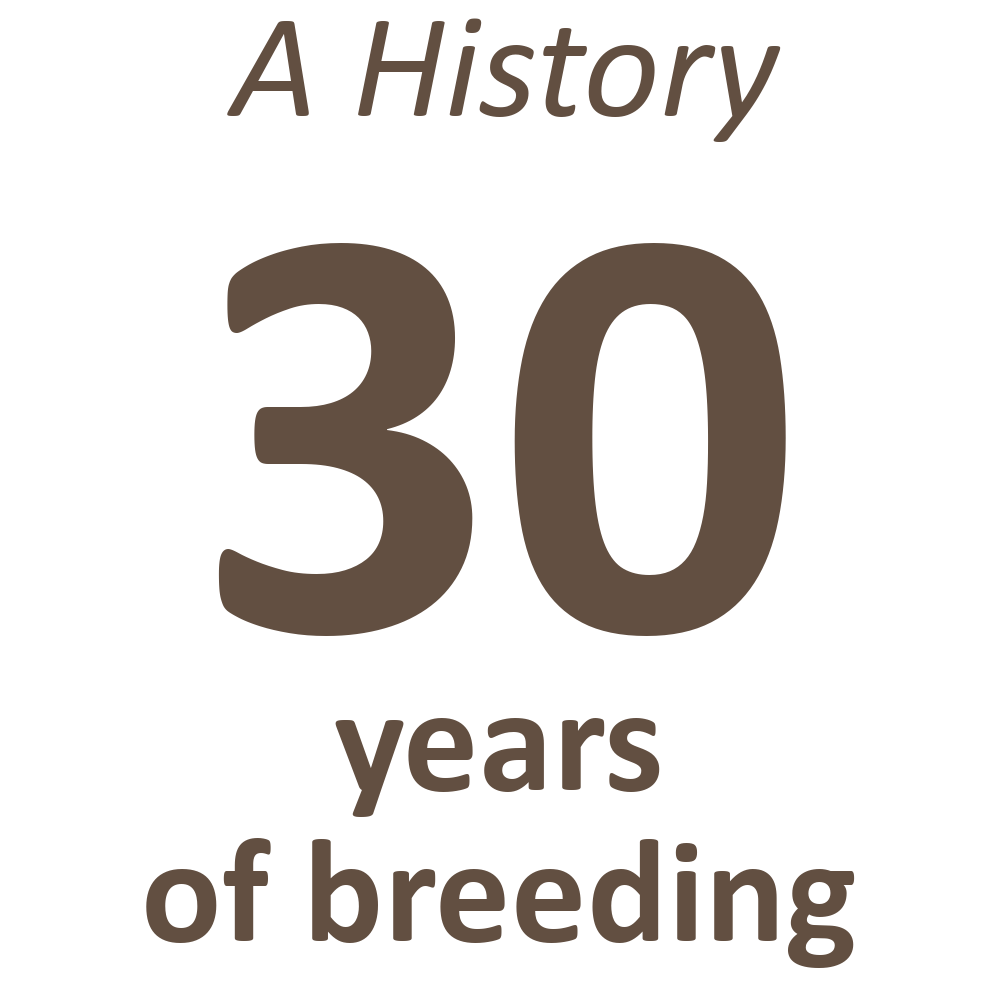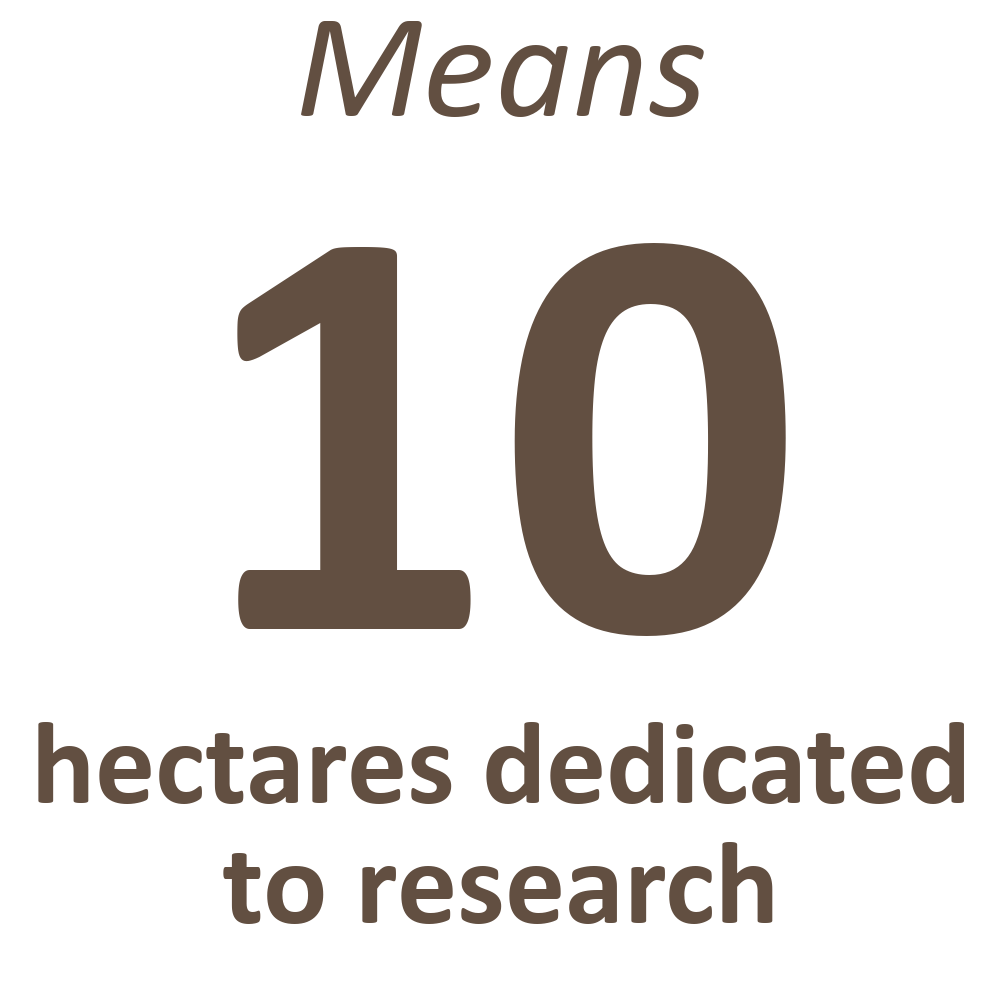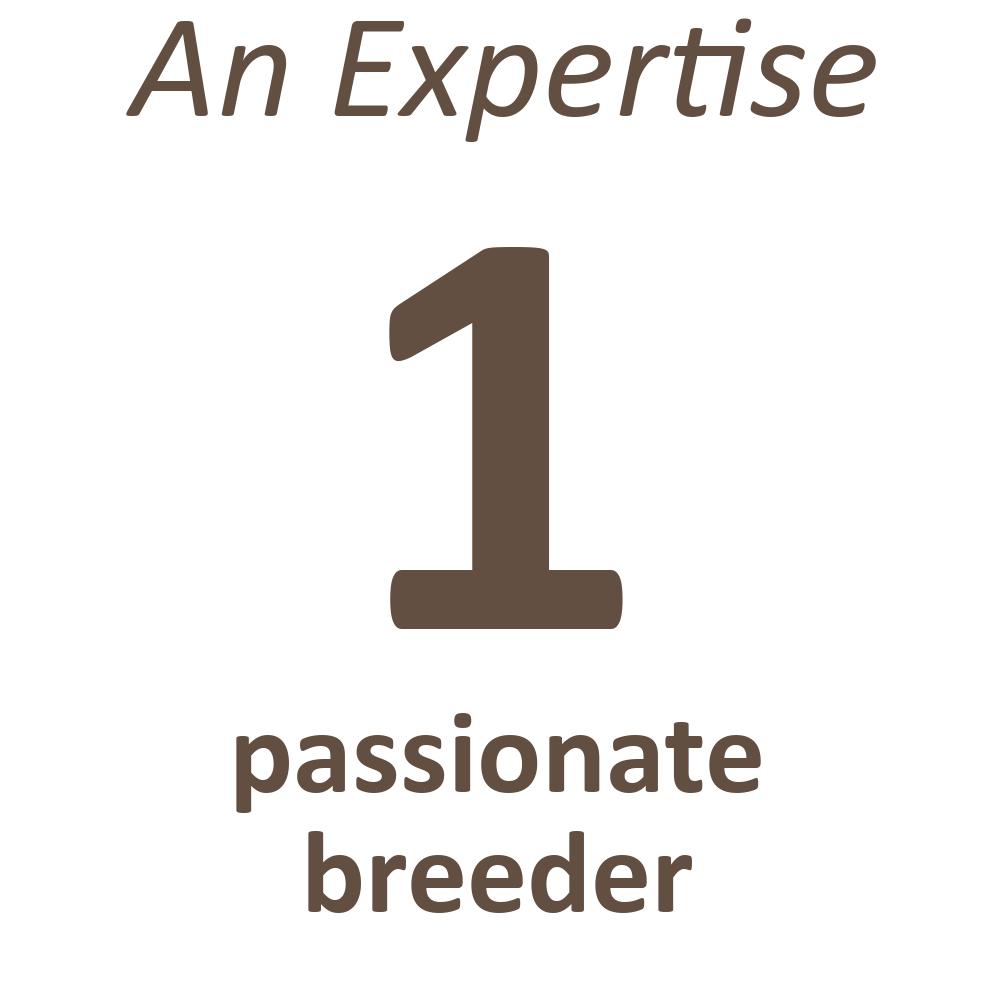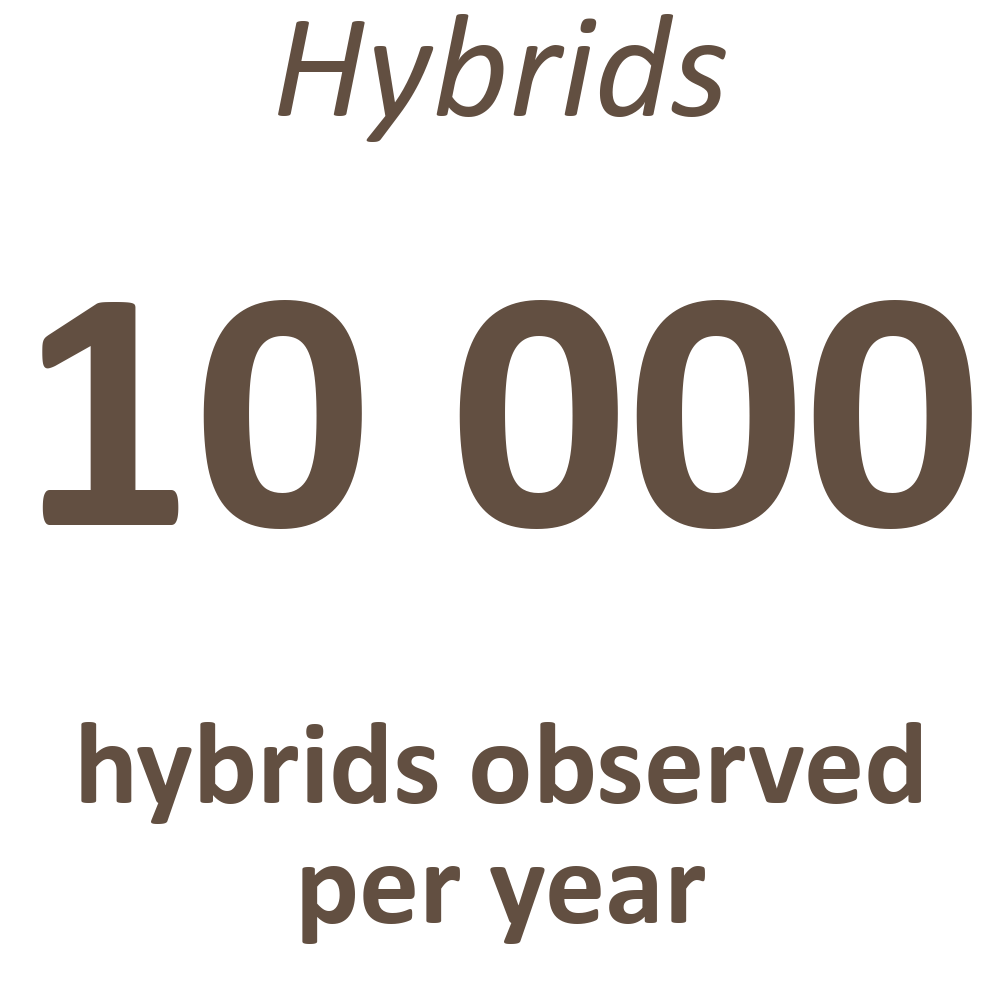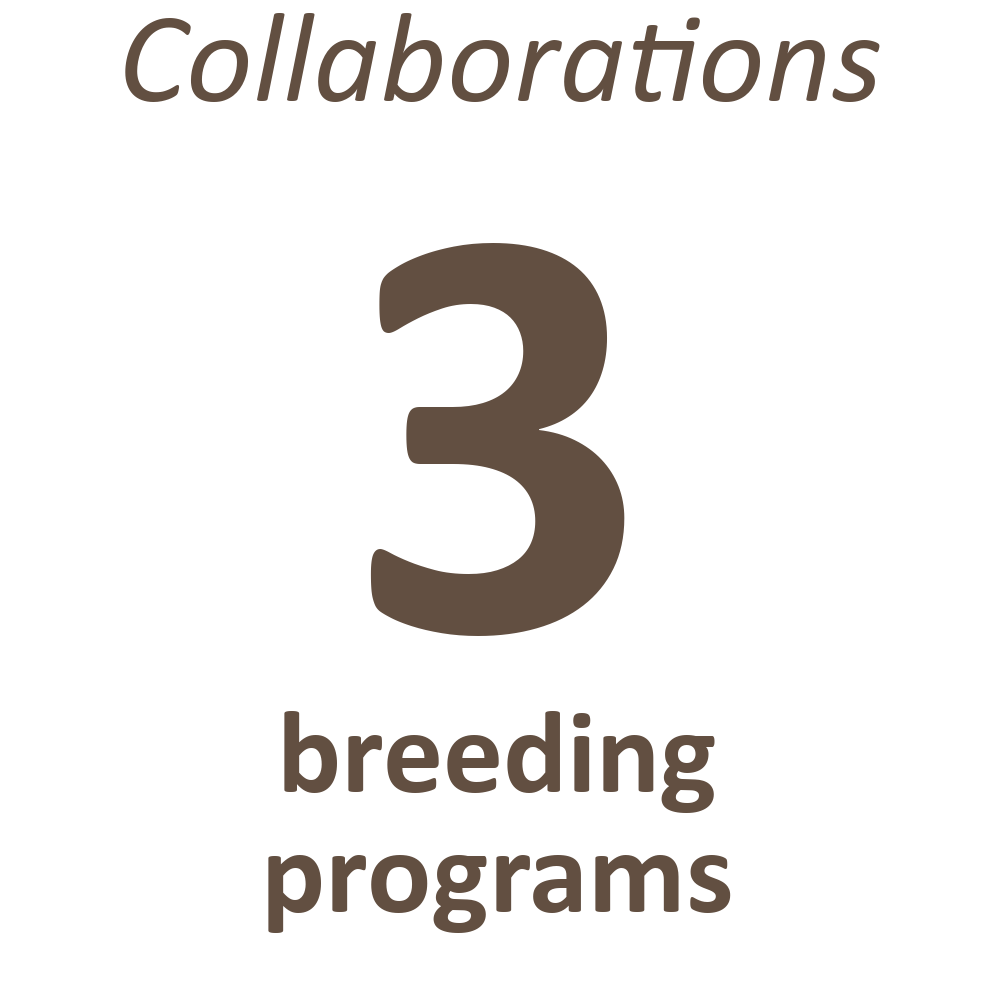GRADILIS Research SARL
The variety breeding is at the heart of GRADILIS strategy. It enables us to offer our customers exclusive varieties, adapted to the new challenges of society, of consumption and production.
GRADILIS Research owns a 10 ha closed research centre which concentrates all the variety breeding activities dedicated to apples, plums and pears
François Chevalier, Director of the research center, carries the program of creation of GRADILIS Research and actively collaborates within the NOVADI program and other international programs.
10,000 hybrids are created, observed, selected each year.
GRADILIS Research this is…
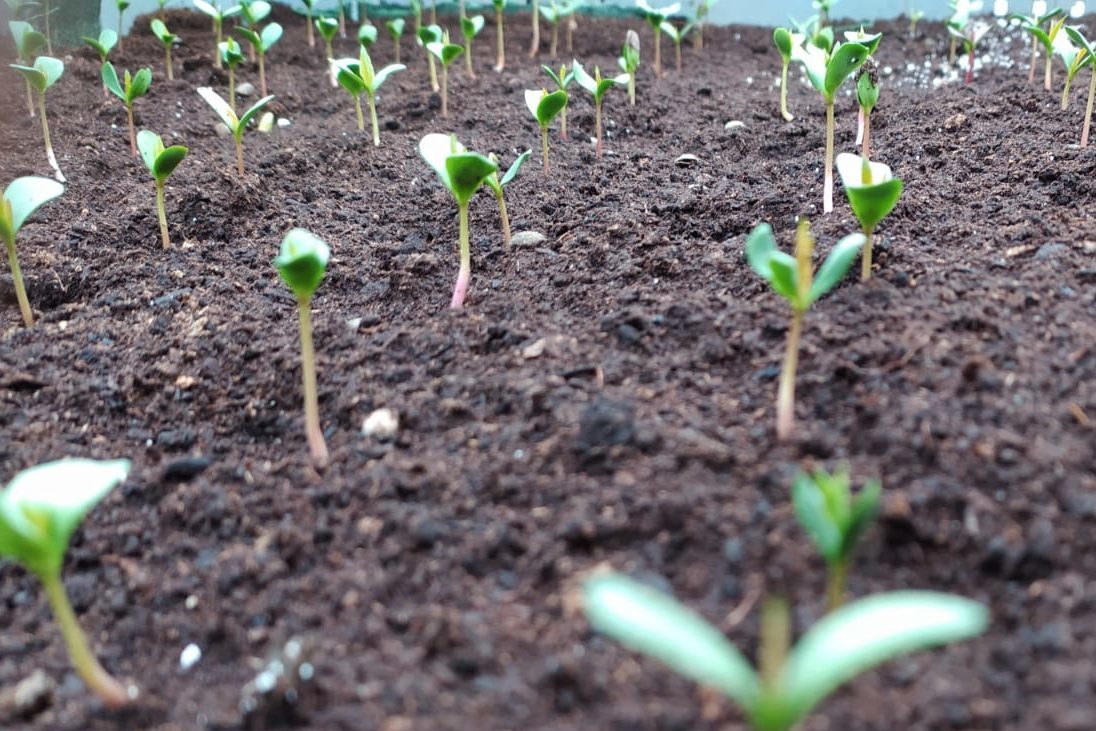
100% of our new apple varieties are resistant to common strains of apple scab..
Current breeding objectives are to create multi-resistant varieties by integrating resistance genes to major apple pests and diseases.
From the seedling stage, we use marker-assisted selection molecular. It will guide the breeder throughout the process.
It is the piling up of these resistances that allows us to give producers the varieties of Future Orchard® adapted to the economic and societal challenges.
Our main selection objectives
Scab resistance is the first selection filter. Immediately after germination, artificial inoculations and genetic analyses allow to select only resistant plants and to know their resistance profiles (monogenic or polygenic).
Powdery mildew resistance. From the seedling stage onwards, artificial contaminations make it possible to exclude susceptible varieties.
Aphid resistance. Molecular marker-assisted selection combined with a light protection strategy at the research centre enable us to select the most tolerant varieties.
The resistance to fireblight of our hybrids is evaluated, under controlled conditions, by our research partners.
Taste is an essential aspect of the quality of a variety.
Our selection process pays particular attention to the evaluation of the organoleptic qualities and of the texture of the fruit.
During the evaluation cycle, the first step eliminates all varieties with inferior or annoying taste qualities.
The second step consists of detecting selections that stand out gustatively and accurately characterizing the sugar content, acidity, firmness and texture of the fruit.
In order to offer growers varieties with an optimum level of profitability, we pay particular attention to the agronomic performance of our hybrids.
During the first observation cycle, our breeder eliminates varieties with slow entry into production or with a tree architecture incompatible with modern orchard management.
In the second phase of evaluation, the levels of alternate bearing, production potential and packout are characterized to extract the most regular and productive varieties.
The Languedoc climate, which is very restrictive for apples (strong alternate bearing, codling moth pressure, powdery mildew, sunburn, difficulty in colouring…), makes it possible to ruthlessly test the agronomic weaknesses of the hybrids observed.
At the end of the selection process, the hybrids with all the criteria of resistance, taste, production are evaluated in storage.
Gradilis Research is equipped with cold rooms to store the fruits in normal cold and to characterize the storage potential of the best varieties.
Work on the evaluation of the conservation in controlled atmosphere or/and with the use of 1MCP is carried out on request by our research partners.
Following Gradirosecov and Gradiyelcov (better known as “La Rosée du Pilat®”), Gradiscacov is the latest great success of the variety breeding program of GRADILIS Research. Based on Fuji genetics, with a sweet flavour, this variety, particularly adapted to the climatic conditions of South Tyrol, is developed exclusively by the Italian cooperative group Melinda.

